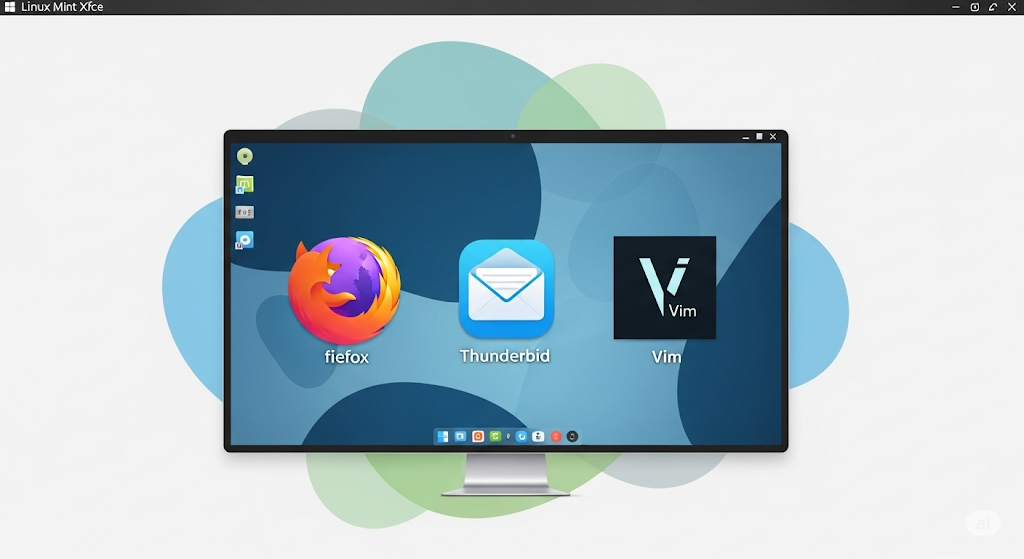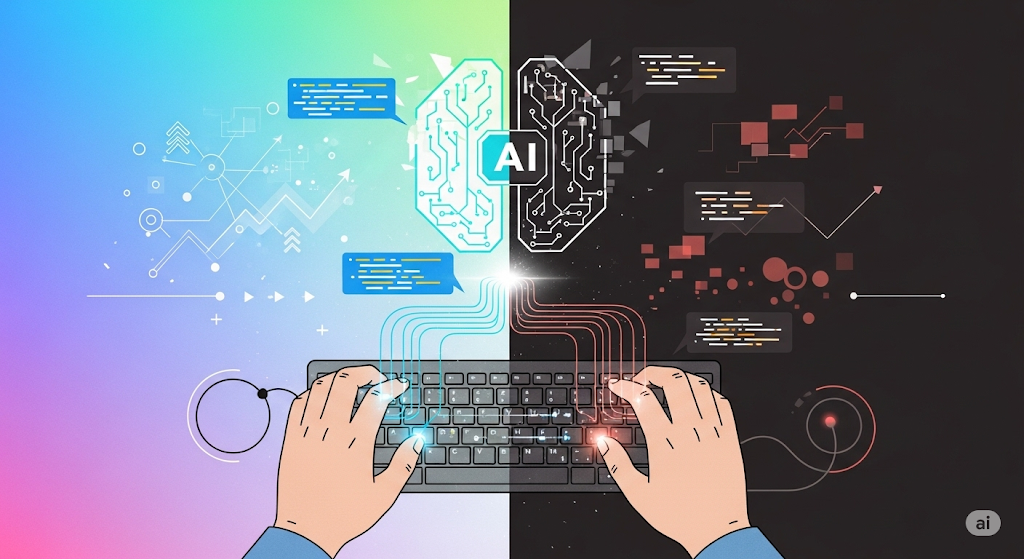China’s AI firms are giving US companies a run for their money, and MiniMax’s new M1 model is leading the charge. Released under an Apache software license, M1 is a true open-source reasoning model that challenges the likes of DeepSeek, Anthropic, OpenAI, and Google. With a context window of one million tokens, M1 rivals Google Gemini 2.5 Pro and surpasses DeepSeek R1’s capacity by eight times. That’s like being able to devour a whole novel in one sitting, while DeepSeek can only handle a novella.
In practical terms, this means M1 can handle complex tasks that require a deep understanding of context, like summarizing long documents or generating coherent text. And with its Lightning Attention mechanism, M1 can do all this while being more computationally efficient than its competitors. For instance, when performing deep reasoning with 80,000 tokens, M1 requires only about 30% of the computing power of DeepSeek R1. To put that into perspective, it’s like being able to drive a car 300 miles on a gallon of gas, while DeepSeek is stuck in the slow lane, guzzling gas like a Hummer.
The implications of M1’s advancements are significant. With lower computing costs, AI becomes more accessible to smaller players, not just the big tech giants with deep pockets. This could democratize AI development, enabling startups and researchers to innovate without breaking the bank. For example, a small research team could use M1 to develop a more accurate medical diagnosis tool, or a more efficient financial forecasting model.
However, there are also concerns about the potential misuse of AI. As AI becomes more powerful, there’s a risk that it could be used for nefarious purposes, like generating fake news or propaganda. To mitigate this risk, it’s essential to develop and deploy AI in a responsible and transparent manner. This includes ensuring that AI systems are explainable, auditable, and aligned with human values.
Historically, technological advancements have often led to significant societal changes. The printing press, for instance, revolutionized knowledge dissemination, while the internet transformed communication. Similarly, AI has the potential to reshape various aspects of our lives, from healthcare and education to entertainment and employment. By making AI more accessible and efficient, M1’s advancements could accelerate this transformation.
As we consider the potential impact of M1, we need to ask ourselves: what if AI becomes so advanced that it begins to significantly outperform humans in various tasks? Will we become too reliant on it, losing some of our critical thinking skills in the process? How can we ensure that AI is developed and used in ways that augment human capabilities, rather than simply replacing them?
The development of AI is not just a technical issue; it’s also a societal one. As we move forward, it’s crucial to consider the broader implications of AI on our daily lives, our relationships, and our values. By doing so, we can harness the potential of AI to create a better future for all. So, what’s the right balance between harnessing AI’s potential and preserving our humanity?





Leave a Reply